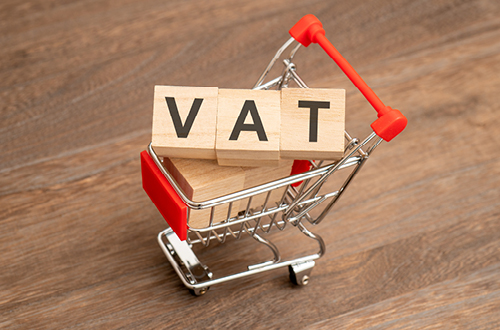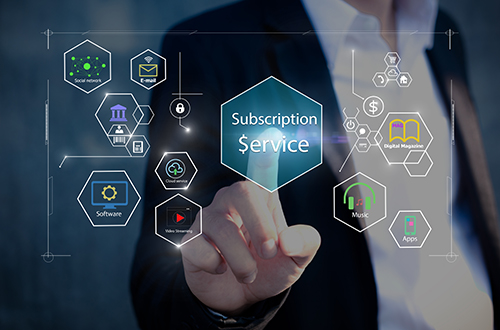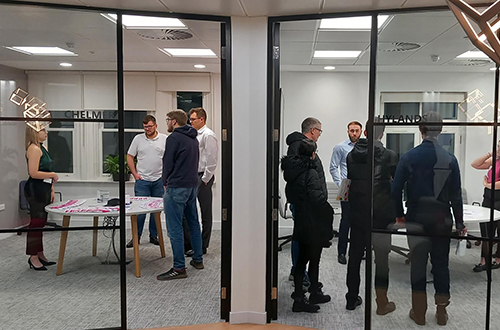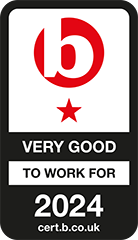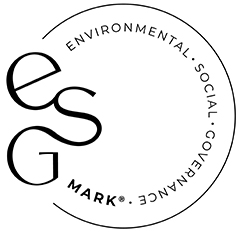The only VAT issue mentioned in the recent Autumn Statement was that the current VAT thresholds will remain until at least April 2026. By then the thresholds will not have changed for nine years.
At £85,000 of taxable turnover (not profit), the threshold was by far the highest, pre-Brexit, in the EU. Many EU member states have very low or no threshold for VAT registration. The freezing of the figure for nine years is the government’s way of bringing more businesses into the VAT world and thus increasing VAT revenue without changing the VAT rates.
There are two key considerations; the first is the VAT definition of a ‘taxable person’, the second the concept of ‘taxable turnover’.
In VAT, a taxable person is a person (individual, partnership, corporate entity or other entity) that is or is required to be registered for VAT under the 1994 VAT Act. It will include all business activities undertaken by that individual, partnership, corporate entity or other entity.
This usually creates issues at the individual level. Care has to be taken that selling private assets (e.g. a record collection or bike) is not counted as turnover, but also, at what point does a hobby become a business? The second point becomes ‘interesting’ given HMRC’s redefinition of what constitutes business activity. The old six stage test has been ‘simplified’ to two:
- Stage 1: The activity results in a supply of goods or services for consideration.
- Stage 2: The supply is made for the purpose of obtaining income therefrom (remuneration).
This would seem to catch everyone who has sold something on eBay, through a local classified ad, etc. The changes were only announced a few months ago so there has been no update on HMRC’s position regarding a ‘keen’ eBayer being in business, but to exceed £85,000 in turnover would suggest activity that would also pass most of the previous six business tests too.
Taxable turnover relates to supplies that are subject to VAT (including supplies at the zero-rate). Supplies that are exempt (which includes some land and property deals, finance, insurance, health and welfare) are not taxable so do not count towards the threshold. For service providers you also need to understand the Place of Supply rules which can result in a supply being made where the recipient belongs (most commonly business to business supplies). Where the place of supply is outside the UK, the VAT liability is outside the scope of UK VAT. For VAT registration purposes this is not taxable turnover, but a business making outside the scope supplies that would be taxable if seen as made in the UK usually can register for VAT (and does), because it can reclaim UK VAT incurred in making these supplies but has no VAT to account for in the supply itself.
To bring the two issues together, take the example an individual is an IT consultant and also lets out a residential flat. For VAT, the consultancy is taxable (if all his customers are in the UK) but the rent is exempt. So if the consultancy exceeds £85,000 he has to register for VAT but due to the exempt rental income may find that he is unable to reclaim all the VAT incurred by him in his business activities.
On top of this, businesses finding themselves having to register for VAT will also need to be able to keep their records and submit their VAT returns digitally under Making Tax Digital (MTD) rules. Rickard Luckin can assist in determining if you need to (or will benefit from) a UK VAT registration; or need assistance with MTD issues.
For more information, please fill in our online enquiry form or contact one of our offices directly.
If you have any questions about the above, or would like more information specific to your circumstances, please enter your email address below and we will get in touch:
